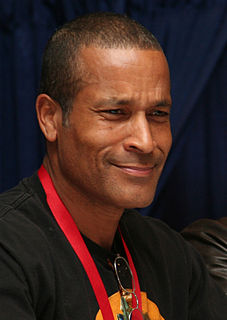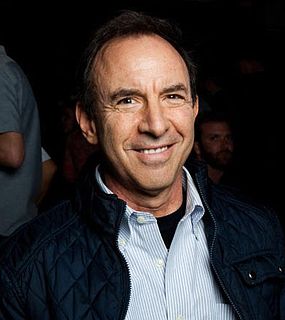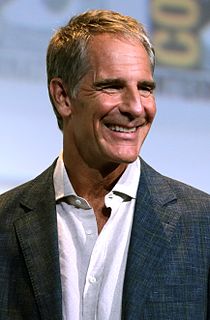A Quote by Lawrence Lessig
Creativity is enhanced by less-than-perfect control over what content is on the network.
Related Quotes
If, then, the control of the people over the organs of their government be the measure of its republicanism, and I confess I know no other measure, it must be agreed that our governments have much less of republicanism than ought to have been expected; in other words, that the people have less regular control over their agents, than their rights and their interests require.
When you're socially awkward, you're isolated more than usual, and when you're isolated more than usual, your creativity is less compromised by what has already been said and done. All your hope in life starts to depend on your craft, so you try to perfect it. One reason I stay isolated more than the average person is to keep my creativity as fierce as possible. Being the odd one out may have its temporary disadvantages, but more importantly, it has its permanent advantages.
Our task is not to find the maximum amount of content in a work of art, mush less to squeeze more content out of the work than is already there. Our task is to cut back on content so we can see the thing at all. The aim of all commentary on art now should be to make works of art - and, by analogy, our own experience - more, rather than less, real to us.
Years of research show us that the less control a person feels over an aversive stimuli coming at them, the more likely they are to disengage. Complete loss of control over a sustained period of time can actually lead to depression. It then follows that giving the person a level of control over the situation reduce the stress - and perhaps restore the disengagement.
What a mistake to suppose that the passions are strongest in youth! The passions are not stronger, but the control over them is weaker! They are more easily excited, they are more violent and apparent; but they have less energy, less durability, less intense and concentrated power than in maturer life.



































